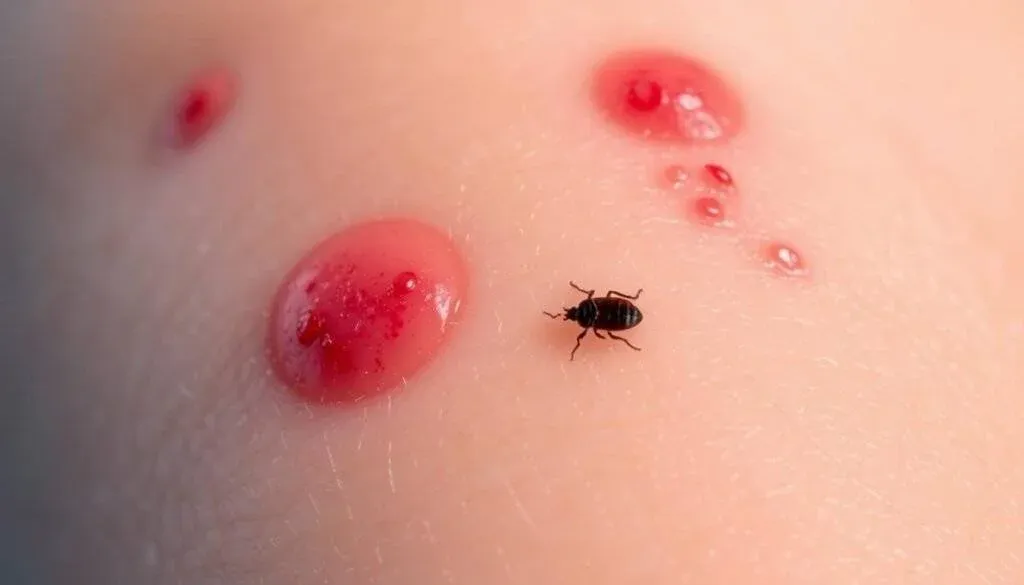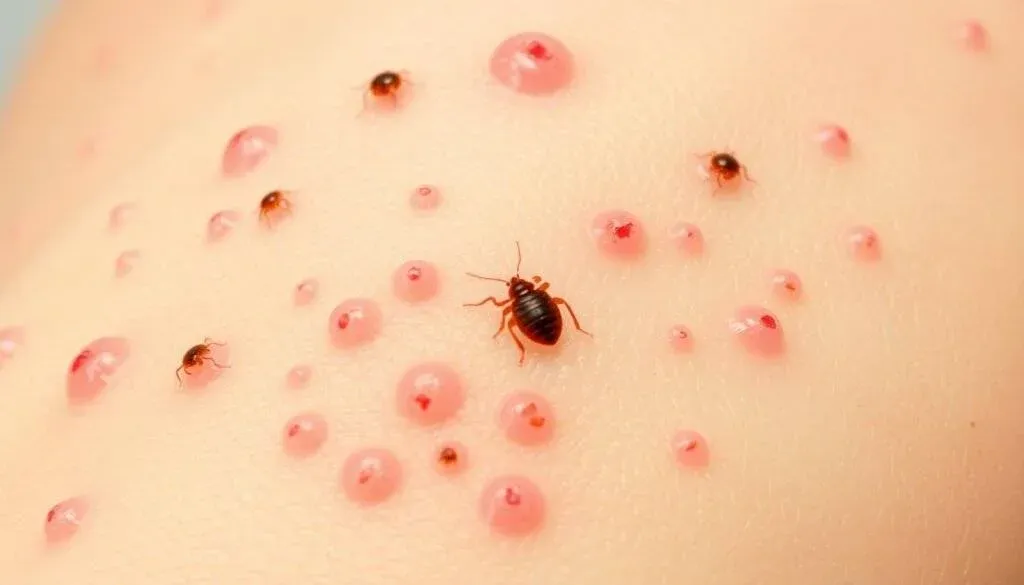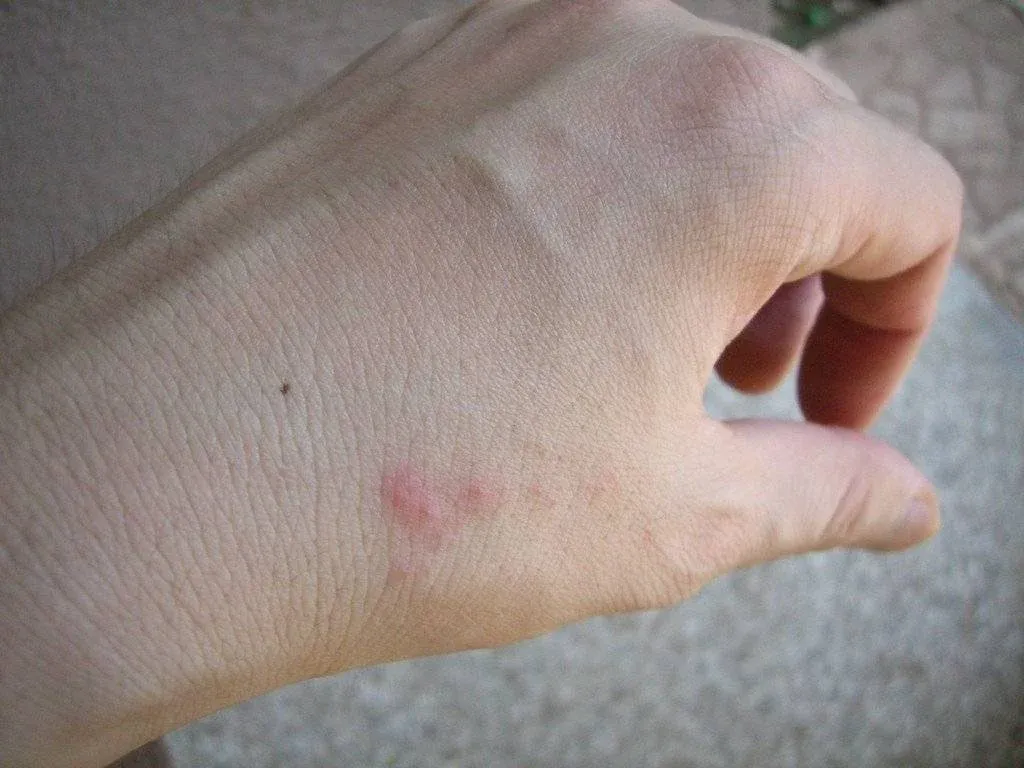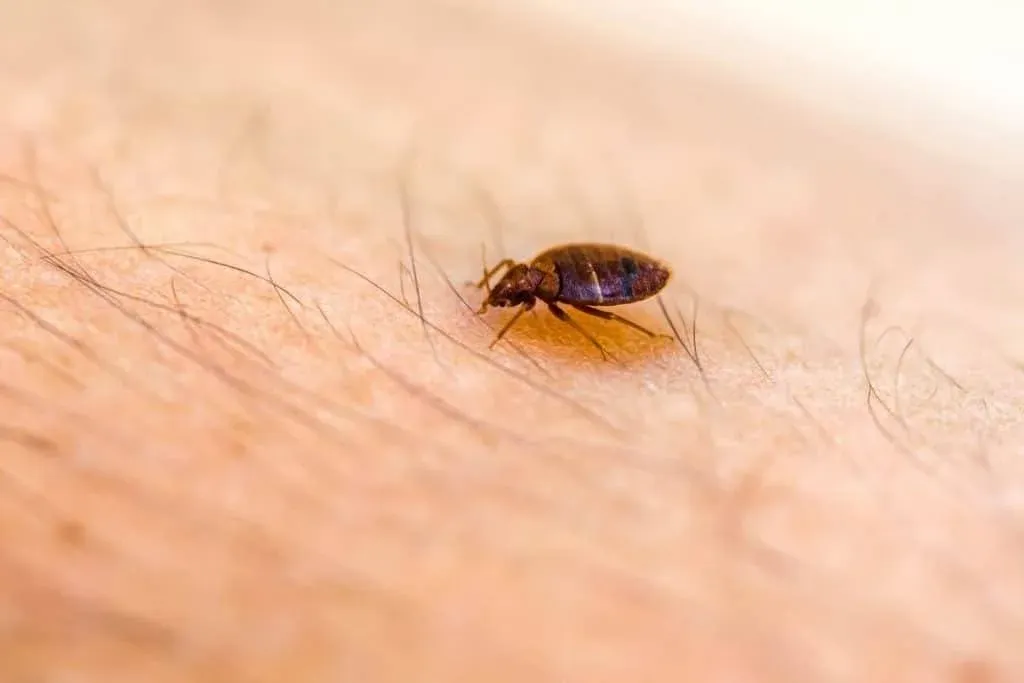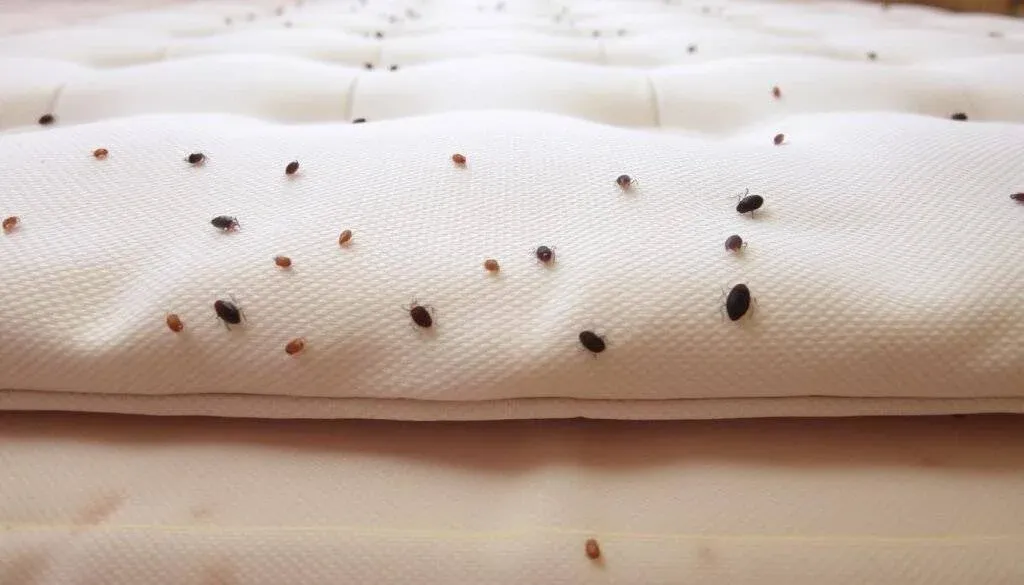Bed bugs are one of the most persistent pests, and their bites can be both irritating and long-lasting. If you’ve been bitten, you may wonder: how long do bed bug bites last? The answer depends on your skin type, allergic reactions, and how you treat them. In this guide, we’ll explore the duration, healing stages, treatments, and prevention methods so you can recover faster and avoid future bites.
Understanding Bed Bug Bites
Before knowing how long do bed bug bites last, it’s important to understand what they are. Bed bugs are small, reddish-brown insects that feed on human blood. They typically bite exposed skin during the night, leaving red, itchy welts in clusters or lines.
Most people develop symptoms within a few hours to a couple of days after being bitten. However, the severity of the reaction varies from person to person.
Typical Duration of Bed Bug Bites
So, how long do bed bug bites last on average? For most people, bites heal within 1 to 2 weeks. However, the timeline can be influenced by several factors:
Mild reactions: Usually fade in 7–10 days.
Moderate reactions: May last 2–3 weeks.
Severe allergic reactions: Can persist for a month or more if untreated.
If you scratch excessively, healing may take longer due to skin irritation or secondary infections.
Stages of Healing
Understanding the healing process helps you know how long do bed bug bites last and what to expect at each stage:
Initial Reaction (0–24 hours) – Red, itchy bumps appear, sometimes with swelling.
Peak Itchiness (1–3 days) – Itching intensifies, and the skin may become inflamed.
Fading Stage (4–10 days) – Redness begins to fade, but skin may still itch.
Complete Healing (1–3 weeks) – Skin color returns to normal unless there’s scarring.
Factors That Affect Healing Time
While the average healing time is up to 2 weeks, several factors influence how long do bed bug bites last:
Immune system strength – Stronger immunity leads to faster healing.
Skin sensitivity – Sensitive skin types may react more severely.
Treatment approach – Early and proper treatment speeds recovery.
Scratching – Increases risk of infection, prolonging healing.
When to See a Doctor
Although most bed bug bites heal naturally, you should seek medical attention if you experience:
Severe swelling or redness spreading beyond the bite area
Signs of infection such as pus or warmth
Difficulty breathing (possible allergic reaction)
Persistent bites lasting more than 4 weeks
These symptoms may indicate an infection or allergic reaction that needs professional care.
Effective Home Remedies for Bed Bug Bites
If you’re wondering how long do bed bug bites last with treatment, using the right remedies can shorten the healing time:
Cold Compress – Reduces swelling and itching.
Aloe Vera Gel – Soothes irritation and speeds skin repair.
Baking Soda Paste – Neutralizes itching and inflammation.
Over-the-Counter Anti-Itch Creams – Hydrocortisone creams help with redness.
Oatmeal Baths – Relieves itchiness and hydrates the skin.
How to Prevent Bed Bug Bites
Prevention is the best way to avoid wondering how long do bed bug bites last in the first place. Here are some tips:
Regularly wash bedding in hot water.
Vacuum mattresses, carpets, and furniture frequently.
Use bed bug-proof mattress covers.
Inspect hotel rooms before staying overnight.
Avoid bringing second-hand furniture indoors without inspection.
Myths About Bed Bug Bites
Many people believe that bed bug bites always heal quickly, but that’s not true. Healing times vary, and in some cases, they can last weeks. Another myth is that they spread diseases—while bed bugs are unpleasant, they are not known to transmit illnesses.
Final Thoughts
In most cases, how long do bed bug bites last depends on your body’s reaction, treatment, and overall skin health. Mild bites typically fade within 1–2 weeks, but more severe reactions can take longer. With proper care, you can reduce itching, prevent infection, and heal faster.
By combining treatment with effective prevention measures, you can protect yourself from future infestations and the discomfort that comes with them.


